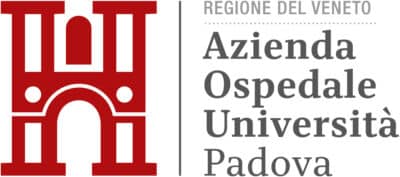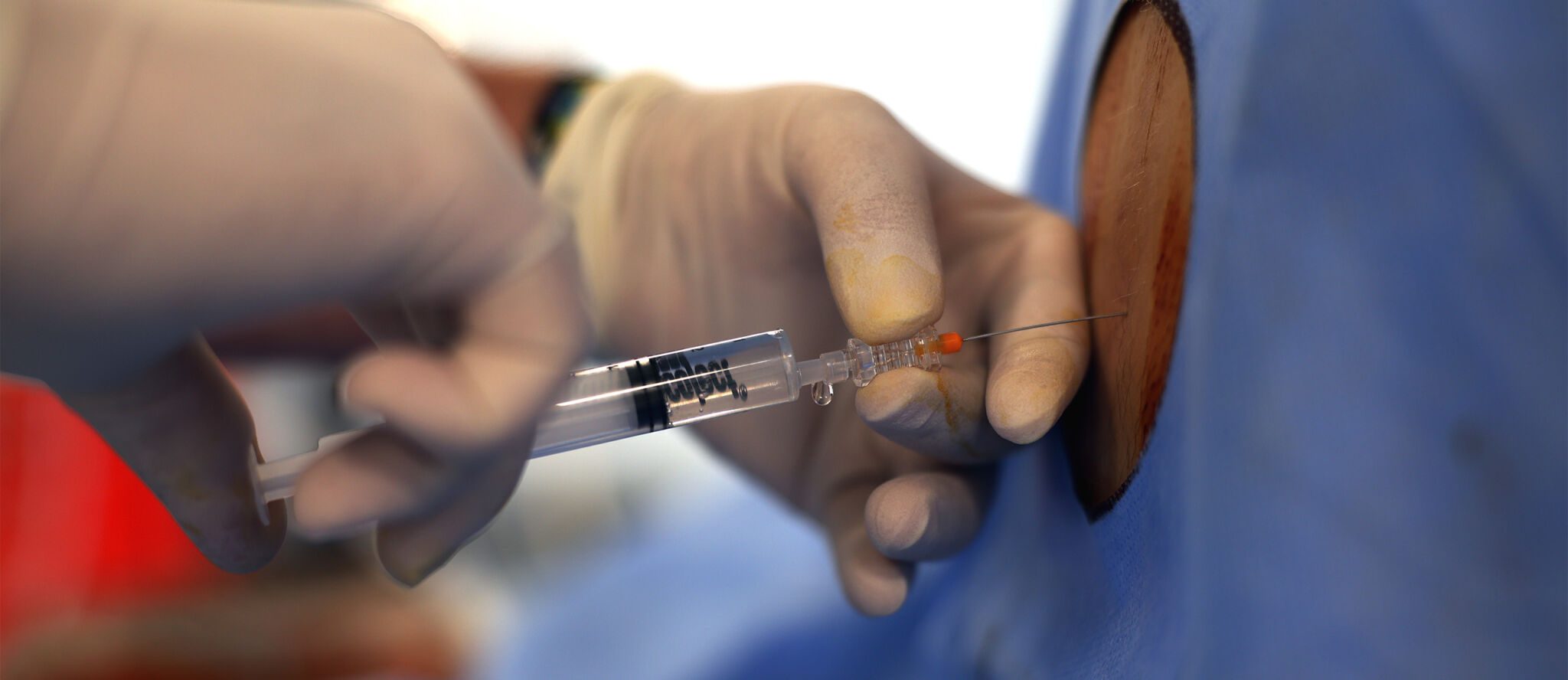

The Post-Graduate Course in Loco-Regional Anaesthesia was designed to meet the professionals’ needs and ensure a complete and structured learning.
The program starts with solid anatomy, physiology and pharmacology fundamentals, providing an in-depth knowledge of the essential principles. Then, the course explores the loco-regional techniques applicable to the different anatomical regions in detail, and explores the role of the latest methods and technology.
By meeting leading experts and taking part in internships, attendees will have a chance to delve into real clinical cases, and discover how anaesthesiology techniques are applied in different areas of specialization.
Purpose of the course is to train highly qualified professionals, who can apply loco-regional anaesthesia techniques safety and accurately, and improve the patient’s care quality and comfort.
The Post-Graduate Course in Loco-Regional Anaesthesia provides a dynamic and engaging educational program, including lectures and hands-on activities, to provide a complete and thorough learning experience.
Lectures offer a solid theoretical preparation, starting from anatomy, physiology and pharmacology fundamentals, and then delving into more advanced techniques. In particular, the course covers the following topics: neuraxial techniques, upper and lower limb blocks, bundle blocks, specific pain therapy techniques.
It also delves into loco-regional anaesthesia technique applications in different areas of specialization, focusing especially on informed consent, how to manage complications, and the strategies to deal with them safely.
The course is based on an active learning method, where the attendees’ interaction and participation is the core of the learning experience. It requires critical analysis and reflection, use of case studies, brainstorming and peer feedback.
Ample space is given to the internship, carried out in highly specialized medical contexts, such as:
- Orthopaedics
- Thoracic surgery
- Paediatric surgery
- Pain therapy
- Labour analgesia
- General surgery
The Post-Graduate Course in Loco-Regional Anaesthesia trains highly-qualified anaesthesiologists in the Loco-Regional Anaesthesia sub-specialty, starting off from a basic level and reaching expert competence in the execution of complex nerve blocks and in managing post-surgery instances. At the end of the course, attendees will be able to manage the patient in several fields, having acquired the necessary skills to identify the indications and contraindications of loco-regional techniques in different contexts.
The course trains attendees to take on demanding positions in public and private healthcare facilities, where a broad competence on loco-regional anaesthesia is required.
Career opportunities include positions such as hospital, clinic, and day-surgery centre anaesthesiologists. Master’s degree holders can also cover positions such as expert consultants for healthcare offices, research institutes, hospitals and scientific institutions.
The Post-Graduate Course in Loco-Regional Anaesthesia provides in-depth knowledge on the following topics:
Module 1 – ANATOMY
Anatomy of the Central Nervous System; Anatomy of the Peripheral Nervous System and Principles of Clinical Anatomy; Anatomy of the Brachial Plexus and of the Cervical Plexus; Anatomy of the Lumbar and Sacral Plexus; Anatomy of bundles and their function.
Module 2 – PHARMACOLOGY
Pharmacokinetics and Pharmacodynamics in Local Anaesthetics; Safety Profiles and Toxicity of Local Anaesthetics; Adjuvants and New Molecules in Loco-Regional Anaesthesia.
Module 3 – LOCO-REGIONAL ANAESTHESIA TECHNIQUES
Upper limb blocks; Lower limbs blocks; Head and neck blocks; Thoracic wall blocks; Abdominal wall blocks; Neuraxial blocks (spinal/peridural) – single-shot and continuous; Paravertebral block: Spinal and epidural anaesthesia: advanced
approaches. Loco-regional anaesthesia techniques in pain therapy.
Module 4 – INDICATIONS, CONTRA-INDICATIONS AND SAFETY IN LOCO-REGIONAL ANAESTHESIA
Loco-regional anaesthesia in clinical surgery; Loco-regional anaesthesia in neurosurgery; Loco-regional anaesthesia in thoracic surgery; Loco-regional anaesthesia in paediatric surgery; Loco-regional anaesthesia in obstetric and gynaecological surgery; Loco-regional anaesthesia in pain therapy; Loco-regional anaesthesia in general; Loco-regional anaesthesia in urgency/emergency instances and in non-hospital environments; Loco-regional anaesthesia in intensive care; complications in loco-regional anaesthesia and their management; Management of anti-aggregate and anti-coagulated patients; Management of patients with rare syndromes.
Module 5: PRE-SURGERY AND POST-SURGERY MANAGEMENT
Informed consent in loco-regional anaesthesia; pre-surgery assessment of patients to be subjected to loco-regional anaesthesia; patient discharge assessment; post-surgery treatment management, multi-modal approaches; inpatient local anaesthetic infusion pump continuous infusion management; the doctor’s standpoint; new loco-regional anaesthesia
technologies: current and future perspectives.
The general ranking of merit for the academic year 2025/26 will be published on the Italian page of this Master according to the timing provided in the Call.
Information
FAQ
The course includes a theoretical section, structured in video-lessons provided in asynchronous mode on Moodle, and a hands-on internship at the Padua University Hospital.
The internship entails attendance of the OR and specialist clinics where loco-regional anaesthesia is executed, at the Padua University Hospital.
At the end of the course, if students have attended at least 70% of the total course hours, there will be a final multiple-choice exam on the topics covered.
Apart from providing the video-lessons, the faculty will provide texts, scientific publications and other materials to explore the topics presented further and facilitate individual study. Furthermore, attendees will have access to all the resources available at the “Vincenzo Pinali” Medicine Library, both online and on-site.

